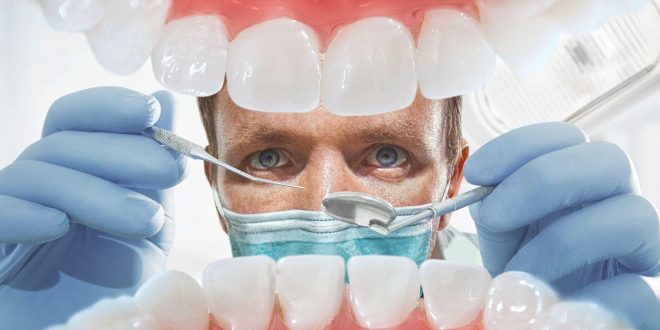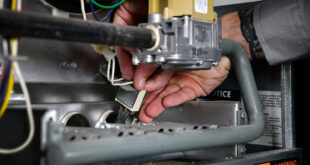Dental exams are integral for good oral health. These exams are done at your regular appointments and serve as a great preventative measure of oral problems.
The dentist may do various checks from looking for cavities and gum disease to even routine teeth clean. The purpose of the exam is to make sure that there are no hidden oral problems lurking in a patient’s mouth.
According to Dr. Mark Rhody Dentistry, this takes us to 5 things your local dentist would want you to know about dental exams.
You should expect more than an oral checkup
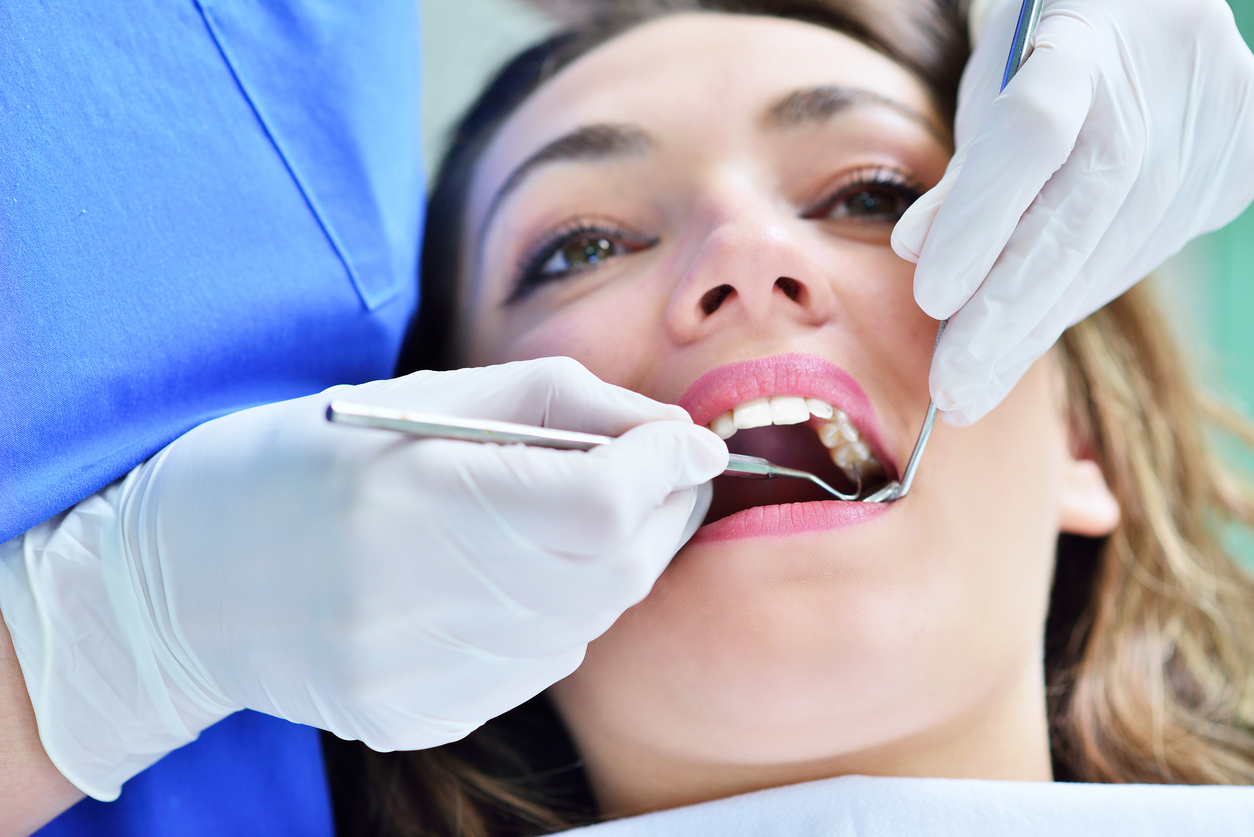
According to Modern Day Smiles, during a dental exam, dentists look for various things and not just your oral health. You can expect the following:
– Evaluation of your overall health, the dentist will look at your face and neck along with your teeth and gums.
– Check for any risk of gum/bone disease, tooth, and root decay.
– Check if there is a need for restoration or replacement of a tooth.
– Evaluate the jaw and bite for any problems.
– The removal of stains on the teeth.
– Cleaning of the teeth or dentures.
– Fluoride assessment.
– X-ray if they feel the need to analyze your jaw and the teeth further.
You will be screened for oral cancer during dental exams
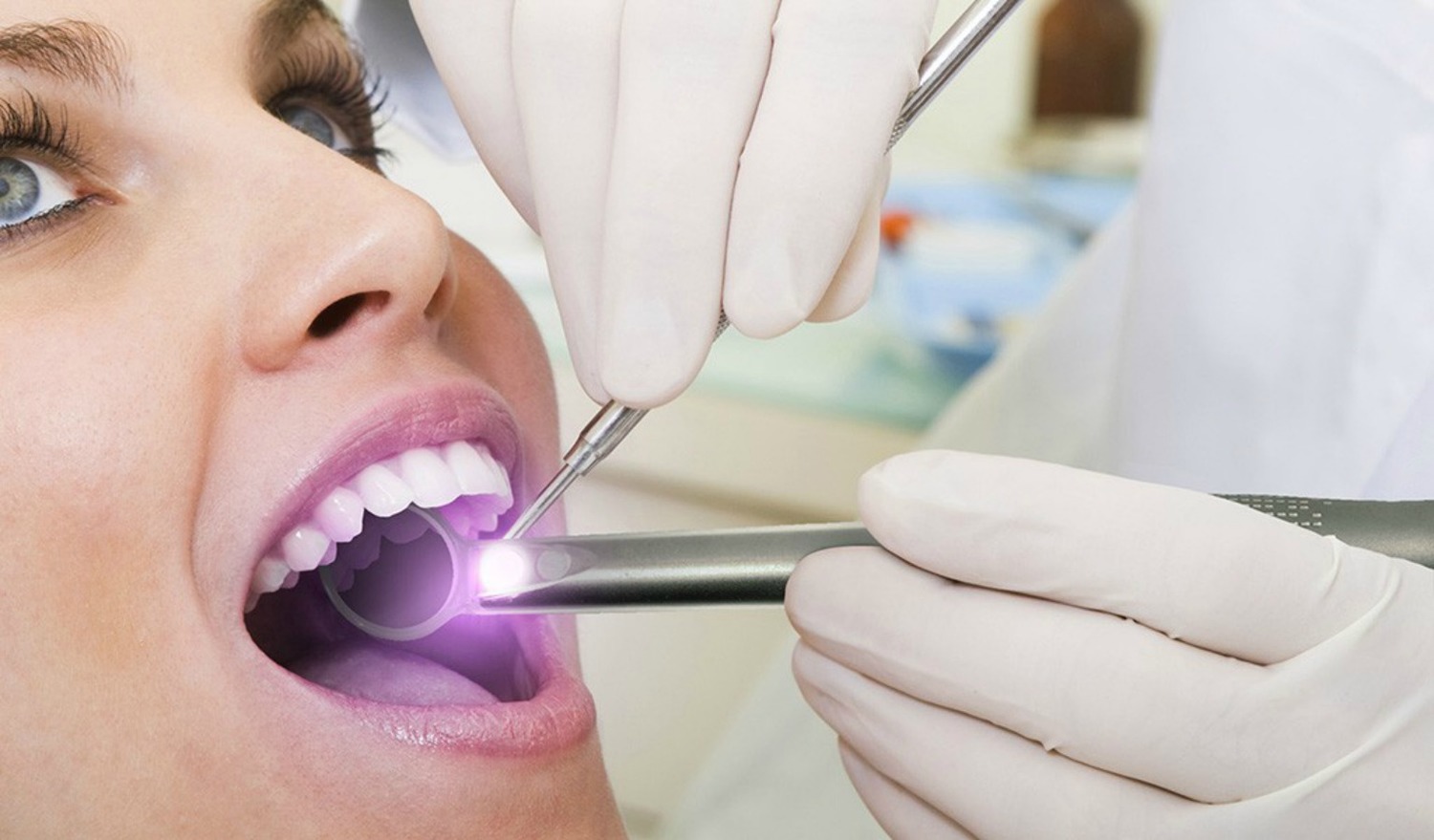
Oral cancer is becoming one of the deadliest diseases in the United States. Around 53,000 Americans are diagnosed with oral cancer out of which 50% end up dying from the disease within 5 years of being diagnosed. Dentists make sure to look for any sign of oral cancer in every exam so that it is caught early on. The earlier cancer is caught, the more chances of successful treatment and recovery. While you may not be aware of symptoms that cause oral cancer, your dentist is. This is why dental exams are important in catching it and treating it.
Dental exams and regular cleaning are crucial for your oral and overall health
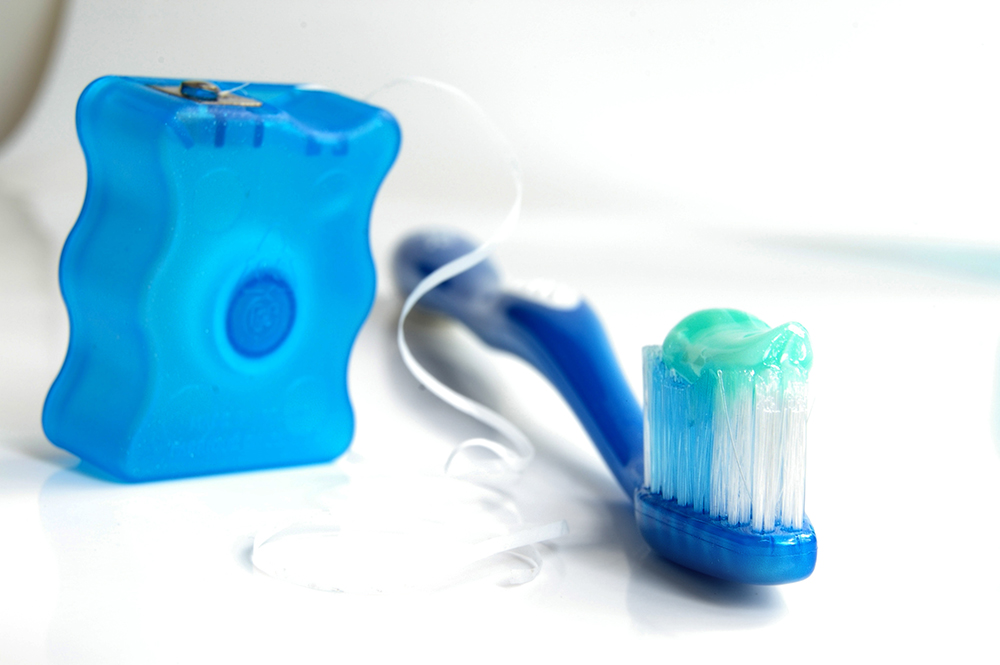
Going to your dentist is one of the best things you can do for good oral health. The dentist looks for numerous different things during the checkup. The health of your teeth and gums is a priority. Cleaning is equally important to ensure that there is no plaque or tartar build up. As plaque builds up, it seeps into the gums and tartar is formed. This gives bacteria a breeding ground to flourish which leads to gum problems such as gingivitis and the more serious periodontitis. The latter results in the breaking down of gum tissues which result in bone and teeth loss.
Don’t be scared if you have bad breath to come in for an exam

Bad oral hygiene is one reason why many individuals are afraid of going in for dental exams. At the same time, these individuals are the ones in dire need of the exam. Your dentist can help determine the cause of bad breath. They will also guide you on how you can combat it. Treatments can also be recommended if needed such as deep cleaning which may be done in more than one sitting.
To maintain good oral health, brushing and flossing everyday between exams are your best bet

Brushing twice a day does more than give you fresh breath. It eliminates the chance of plaque sticking to your teeth and getting into your gums. Plaque contains thousands of bacteria which can result in cavities and other oral problems. Brushing with fluoride toothpaste once in the morning and once at night helps remove plaque from the teeth.
At the same time, flossing helps remove plaque from between the teeth and places where the bristles of the brush may not be able to reach. You can floss once a day, ideally before you go to bed. This targets all the bacteria and plaque that have accumulated throughout the day in your mouth and eliminates them.
Your mouth is home to millions of bacteria and without proper care, the bacteria can spread to other parts of your body leading to serious problems such as heart disease.
Conclusion
Overall, the most important thing about dental exams that your dentist wants you to know is how integral they are for a healthy mouth and smile. Even individuals that brush twice a day and floss once can develop oral problems. This is where an examination comes in. Your local dentist can help identify any issue before it becomes a major problem and provide you with preventative measures. It is the best action you can take when it comes to any type of health problem.
 Vermont Republic Second Vermont Republic
Vermont Republic Second Vermont Republic
